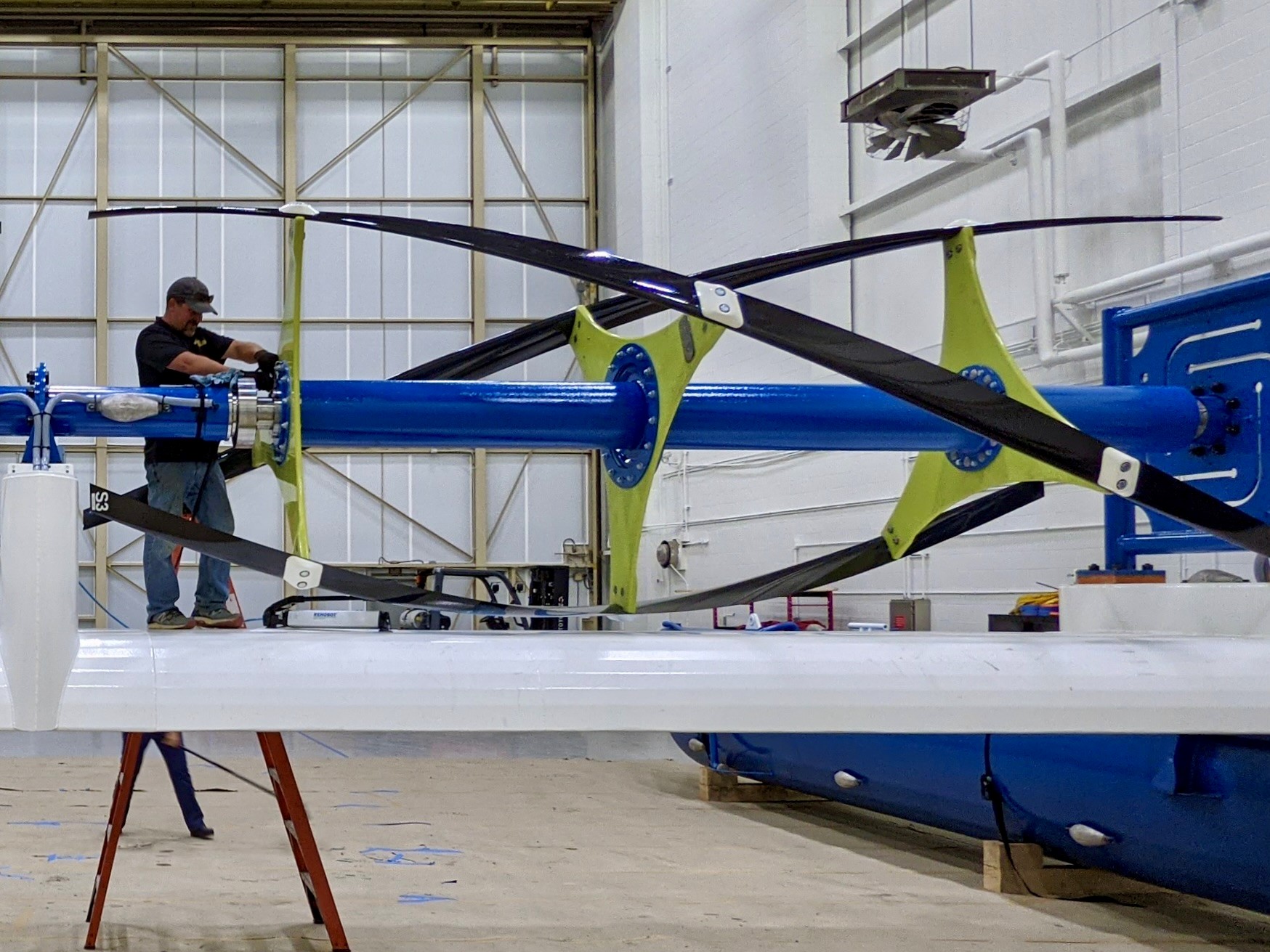Electric powered boats will need improved dockside infrastructure for a quick charge
Proposals for diesel/electric powered fishing vessels highlight the technology’s advantages, including lower carbon emissions, a quiet work environment, and high torque. But as the hybrid boat idea spreads, those envisioning an electric future are facing the same basic obstacle – lack of infrastructure.
In Sitka, Alaska, Eric Jordan is converting his diesel-powered troller to a hybrid, but he wonders if he’ll be able to charge his batteries for a quick turnaround. “I should have a 100-amp charger at the dock,” says Jordan. “As it is, I’ve got 35 amps.”
Sitka gets its power from the 15.9 MW Blue Lake hydroelectric power station, relatively green energy with surplus capacity. But if charging big battery banks for electric or hybrid boats comes from coal, diesel, or biomass electricity generation, it’s liable to lead to net higher emissions, and transfer the ecological footprint of power production from the boat to a distant power plant.
Additionally, in Maine and other places many workboats are on moorings, where it is almost impossible to get power to them.
Nathan Johnson, vice president of development at Ocean Renewable Power Company in Long Island, Maine, sees the hybrid conversion movement as still years away, but he is looking at ideas for when it comes.
“We work with hydrokinetic energy,” says Johnson, whose company builds turbines that generate power from river and tidal energy. “The timing for more electric powered boats is getting closer,” he says. “And we’re looking for commercial opportunities where appropriate.”
Brainstorming about what the infrastructure might look like, Johnson notes the challenges and expense of using tidal turbines to charge boats on moorings. “A tether to every boat and connectors would get very expensive,” he says. “One thing that might work is a battery exchange. I mean a lobster boat is hoisting crates off and bait on every day, why not batteries too? The batteries could be charged on shore from tidal power.”
Johnson predicts the technology involved, particularly the batteries, will get better and cheaper. He and people like him will be probing the mix of technology and markets for the best solutions to the infrastructure issue.







